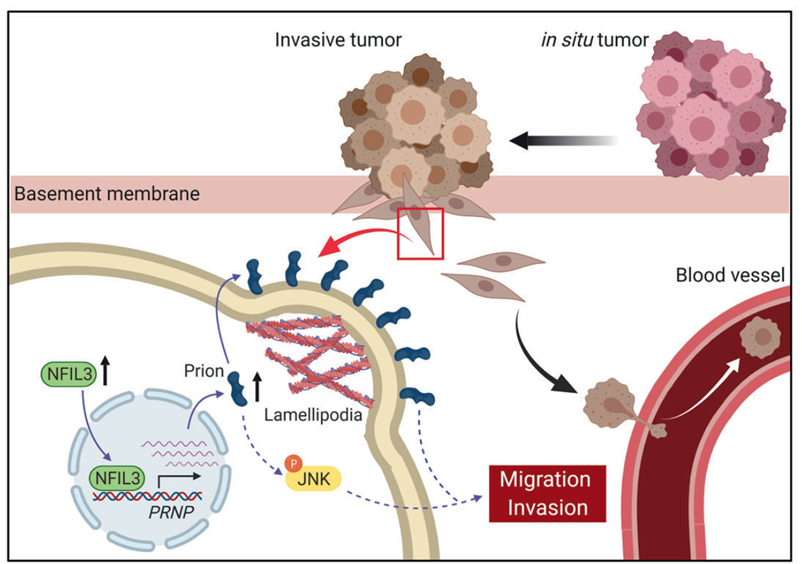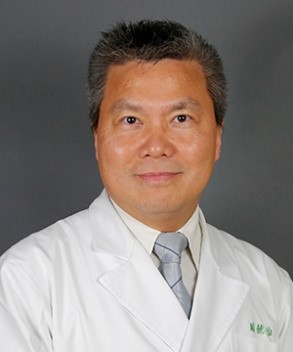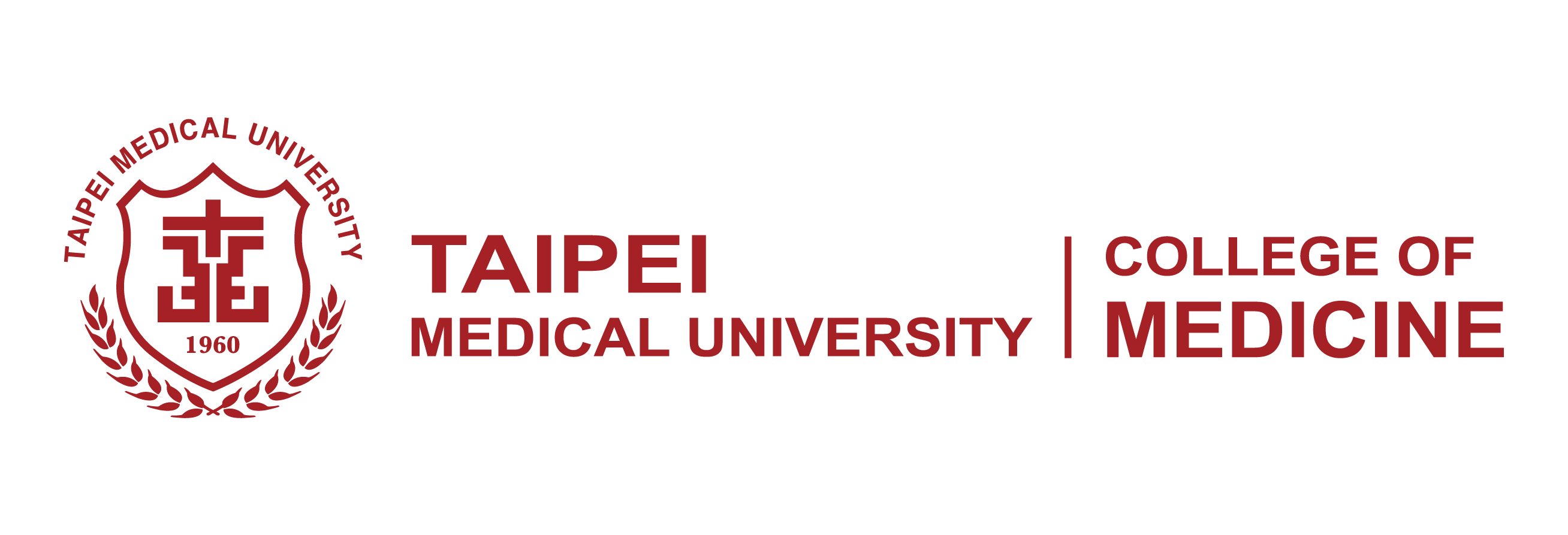Research | Departments
Research
Departments
Research | Departments
Research
Departments
Dr. Chou’ research topics include lung pathology, molecular pathology of lung cancer, and precision medicine of cancer. As a practicing pulmonary pathologist, the projects Dr. Chou has been working on in recent 20 years focus on the molecular mechanisms of tumor metastasis and prediction and prognostication biomarkers of lung cancer. Through grants sponsored by the government as well as the industries, Dr. Chou has accomplished several seminal scientific discoveries, which are well illustrated in his more than 150 articles published in international SCI journals. With the continuous efforts on the study of lung cancer, Dr. Chou’s laboratory is to apply state-of-the-art molecular pathology and precision medicine technologies on human specimens to search for biomarkers and therapy targets of tumor occurrence, progression, recurrence and drug resistance in lung cancer.


Email | tehying@tmu.edu.tw
Profile | Academic Hub/Pure Experts
Professor (M.D., Ph.D.)
Pulmonary Pathology, Molecular Pathology of Lung Cancer Metastasis, Invasion and Metastasis of Lung Cancer, Cancer Glycobiology, Precision Medicine
Laboratory of Thoracic Precision Oncology
Prof./Dr. Chou was born in 1959 and received an M.D. degree from the National Yang-Ming Medical College, Taipei, Taiwan in 1984. After the anatomical pathology residency training at the Taipei Veterans General Hospital, he went to the Johns Hopkins University School of Medicine and received a Ph.D. degree in Biochemistry in 1995.
In his thesis work advised by Professor Gerald Hart and Professor Chi Dang, Dr. Chou provided the evidence of O-GlcNAc glycosylation of the oncoprotein c-Myc. From 1999 to 2001, he completed an anatomic pathology residency at the Washington University Medical Center/Barnes-Jewish Hospital and, from 2001 to 2002, a Calendar Binford Clinical Fellowship in Pulmonary Pathology with Professor William D. Travis in the Department of Pulmonary and Mediastinal Pathology, Armed Forces Institute of Pathology.
After returning to his hometown in 2002, Dr. Chou resumed an attending pathologist position at the Taipei Veterans General Hospital. From 2014 to 2017, Dr. Chou was President of the Taiwan Society of Pathology as well as the Taiwan Division of International Academy of Pathology. Since 2014, Dr. Chou has been a member of the Pathology Committee of International Association for the Study of Lung Cancer (IASLC).
In 2016, Dr. Chou received a master degree in Business Administration from the National Taiwan University, Taipei, Taiwan. Dr. Chou is currently Professor of the Graduate Institute of Clinical Medicine, Taipei Medical University and Vice Superintendent for Research and Development, Taipei Medical University Hospital.
His major scientific achievements include the identification of a regulatory hub of developmental/stemness signaling and invadopodia that drives cancer stemness and progression, which may hold promises for development into novel CSC-targeted therapies. He co-identified a cell-intrinsic and chromatin-mediated cellular “death checkpoint” whereby most malignant tumors resist cytotoxic stress; the targeting of which yields an exciting opportunity for sensitizing malignant tumors to chemotherapy and immunotherapy.
Ph.D. (Postdoctoral Fellow)
MD (PhD Student)
MD (PhD Student)
MS (PhD Student)
MS (PhD Student)
MD (Research Assistant)
Cheng LH, Hsu CC, Liao WY, Yang PM, Liao TY, Chan TS, Tsai KK.
ASPM activates Hedgehog and Wnt signaling to promote small cell lung cancer stemness and progression.
Cancer Research 2023;83:830-844 (IF=13.312; corresponding author).
Abstract
–
Tsai KK, Bae BI, Hsu CC, Cheng LH, Shaked Y.
Oncogenic ASPM is a regulatory hub of developmental and stemness signaling in cancer.
Cancer Research 2023;83:2993-3000 (IF=13.312; first and corresponding author).
Abstract
–
Tsai KK, Huang SS, Northey J, Liao WY, Hsu CC, Cheng LH, Werner M, Chuu CP, Chatterjee C, Lakins, JN, Weaver VM*.
Screening of organoids derived from patients with breast cancer implicates the repressor NCOR2 in cytotoxic stress response and anti-tumor immunity.
Nature Cancer 2022;3:734-752 (IF=23.177; first and co-corresponding author).
Abstract
–
Chan TS, Hsu CC, Pai VC, Liao WY, Huang SS, Tan KT, Yen CJ, Hsu SC, Chen WY, Shan YS, Li CR, Lee MT, Jian KY, Chu JM, Lien GS, Weaver VM, Tsai KK.
Metronomic chemotherapy prevents therapy-induced stromal activation and induction of tumor-initiating cells.
Journal of Experimental Medicine 2016;213:2967-2988 (IF=17.579; corresponding author
Abstract
–
Wang WY, Hsu CC, Wang TY, Li CR, Hou YC, Chu JM, Lee CT, Liu MS, Su JJ, Jian KY, Huang SS, Jiang SS, Shan YS, Lin PW, Shen YY, Lee MT, Chan TS, Chang CC, Chen CH, Chang IS, Lee YL, Chen LT, Tsai KK.
A gene expression signature of epithelial tubulogenesis and a role for ASPM in pancreatic tumor progression.
Gastroenterology 2013;145:1110-1120 (IF=33.883; corresponding author).
Abstract
–







 Total Users : 216175
Total Users : 216175 Chun-Jen Huang 黃仁弘
Chun-Jen Huang 黃仁弘 